The first book to ever pull me into its suspenseful grip was To Kill A Mockingbird. I remember getting lost in the story as young Scout Finch dramatically narrated how her lawyer father risked everything to defend a black man unjustly accused of a heinous crime in a small Southern town. The novel left quite the impression on me (and countless others, of course). Not only was it a heart-wrenching coming of age story set in a South filled with prejudice, but I was also drawn to the idea of a lawyer who was willing to use his power to defend the oppressed against overwhelming odds. Atticus Finch became my first literary hero. He represented everything I wanted in a story’s main character and remained in the forefront of my mind as I began to pursue my own novel writing.
So it’s no surprise that I would eventually write a legal thriller. My latest novel, An Equal Justice, is about a young lawyer named David Adams who is on the fast track to wealth and power when he’s suddenly faced with risking his career, and even his life, to defend a group of homeless outcasts. The seed for An Equal Justice was first planted 13 years ago, when my work with an Austin nonprofit introduced me to the city’s homeless community. Much like my protagonist David Adams, I entered the woods outside an Austin subdivision and came upon a hidden homeless village with a dozen camp tents circled up around a roaring campfire. The men living in the village welcomed me with a great deal of warmth and generosity.
Since then, I’ve been working to empower and uplift members of my local homeless community, including volunteering at Community First! Village, a 51-acre master-planned community that provides affordable, permanent housing and a supportive community for men and women coming out of chronic homelessness.
I wanted to write about a hero who showed the same courage as Atticus Finch. I also wanted the book to have an underlying social message. To me, it just feels good to cheer on a protagonist who is willing to stand up for society’s most vulnerable even if it could cost them everything. Because lawyers have that kind of power and are presented with these opportunities, legal thrillers have always been an excellent place to showcase these kinds of meaningful stories.
Here are six other legal thrillers with a social message and heroes worth rooting for!
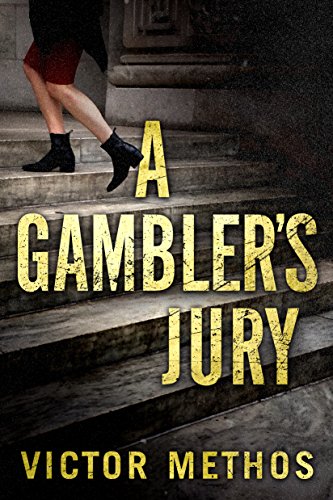
A Gambler’s Jury by Victor Methos
Victor Methos loves writing thrillers about underdogs taking on powerful opposition. Our hero here is Attorney Dani Rollins, who represents Teddy Thorne, a mentally challenged teen accused of selling drugs. Dani feels like it’s an easy case to settle. But when prosecutors move for an adult felony conviction, she suspects that her client is being used as a pawn in a sinister game. Dani will stop at nothing to protect the innocent boy, including taking on guardianship of Teddy. At the book’s heart is an important message about how far we should go to defend and care for those with mental disabilities.
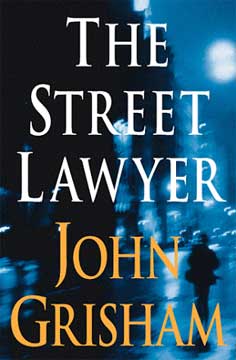
The Street Lawyer by John Grisham
Grisham’s hero, Michael Brock, has been pushing himself to the limit, billing a mind-numbing number of hours over many years, making buckets of money, and working his way up the ladder at a big D.C. law firm called Drake & Sweeney. But when a homeless man takes nine lawyers hostage in the firm’s conference room, including Michael, it changes everything. Michael finds himself suddenly willing to do the unthinkable—leave his meal ticket and take on his own firm to advocate for the powerless.
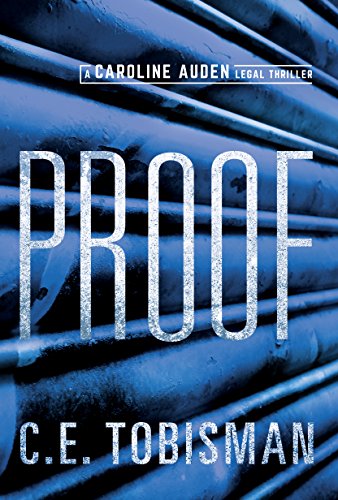
Proof by C.E. Tobisman
Tobisman’s book won the 2018 Harper Lee Prize for Fiction, which is given to a work of fiction that illuminates the role of lawyers in society and their power to effect change. In the book, an attorney named Caroline Auden is drawn into a high-level government conspiracy when she looks into a potential elder abuse case involving her late grandmother. It’s a case that turns out to be more explosive and dangerous than she ever suspected. While a terrific thriller, Tobisman also gives us a meaningful look at the vulnerability of the elderly.
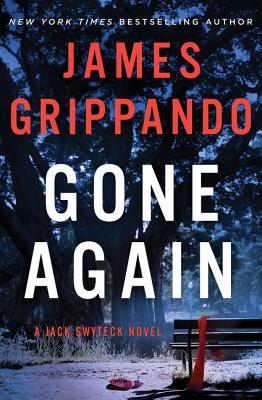
Gone Again by James Grippando
Grippando’s twelfth entry in his James Swyteck series follows his main character’s efforts to help stop the execution of a convicted murderer by the mother of the purported victim, who believes her daughter may still be alive. Grippando does a masterful job of using this story to explore the death penalty and actual innocence. The book won the 2017 Harper Lee Prize for Fiction.

Fatal Convictions by Randy Singer
Singer’s protagonist, Alexander Madison, decides to take on a case no one else wants—representing a Muslim imam accused of instigating honor killings in the biggest murder case Virginia Beach has ever seen. The situation is tricky for Madison, who feels pressure from his own church to drop the case since the victim had converted to Christianity. When an assassin surfaces, Madison realizes he’s knee-deep in a much bigger conspiracy. An excellent look at the role of a lawyer in a case involving religious oppression.
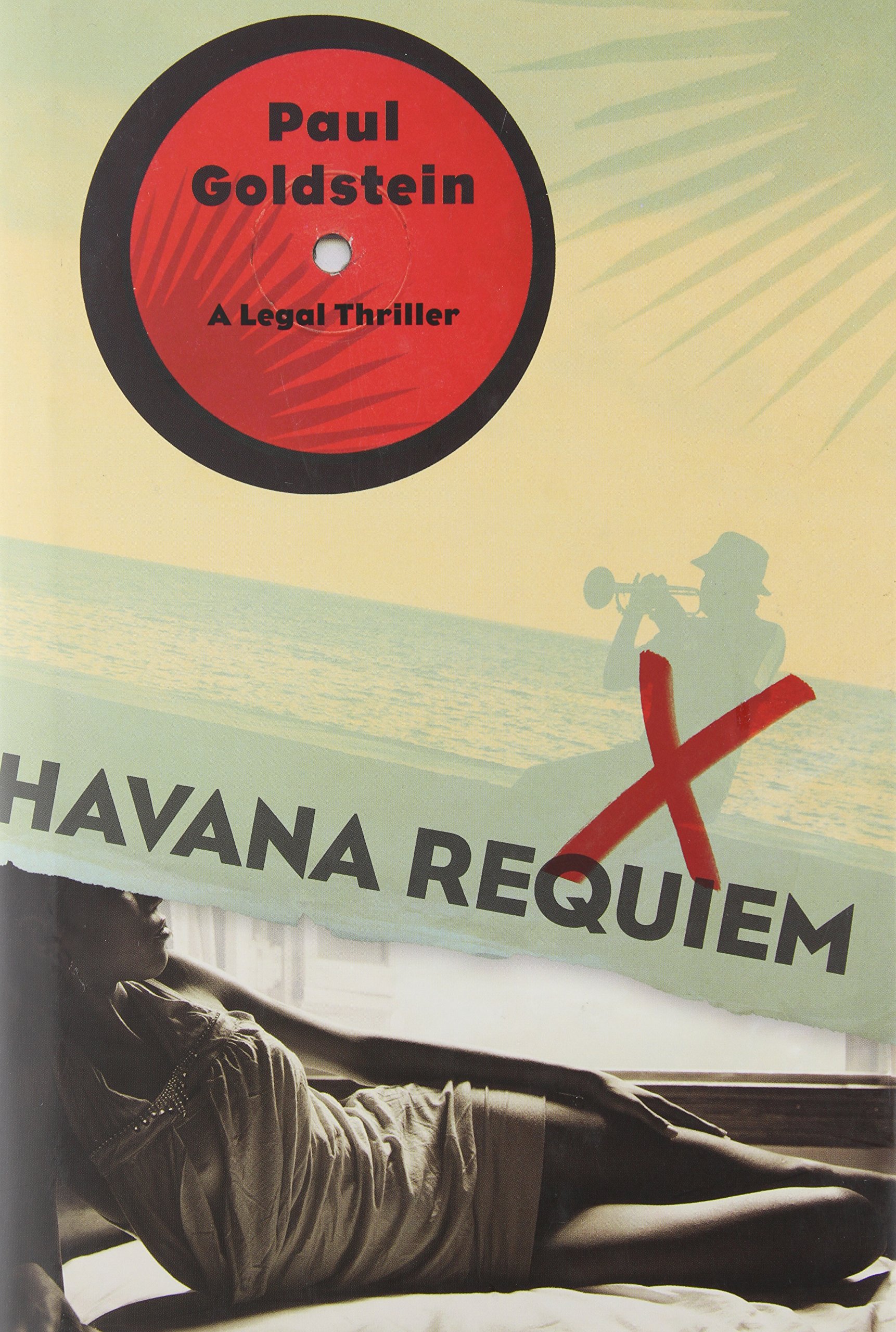
Havana Requiem by Paul Goldstein
Havana Requiem won the 2013 Harper Lee Prize of Fiction—can you tell I’m a big fan of that award? Goldstein’s book tells the efforts of lawyer Michael Seeley to help a group of aging Cuban jazz musicians and their families reclaim copyrights to their musical work. When his client goes missing, Seeley realizes there is a deeper conspiracy at play that begins to point not only at the Cuban secret police but also his former law firm.

















